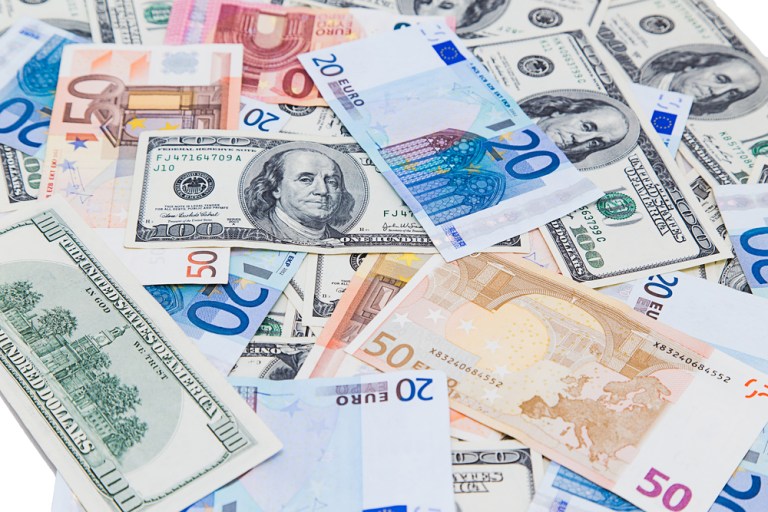European Bank Stocks Down A Collective 25 Percent

It’s been a difficult year for European banks, and shares in 2018 were the worst since the eurozone crisis, according to the Financial Times.
With issues like low profit margins, business models that need to be updated, negative interest rates and the looming uncertainty about Brexit, investors have lost in the neighborhood of $380 billion and every single bank in Europe is trading underneath book value.
On the average, European banks are valued at an estimated 0.6 times their net assets. The top six U.S. banks are 1.1 and lenders on the MSCI Emerging Asia Banks Index are 1.
Ronit Ghose, global banks head at Citigroup, said even though Euro banks are making money, they’re not in great shape compared to their global counterparts.
“The European bank sector is making more money than in recent years but continues to suffer from poor profitability relative to American or Asian peers,” Ghose said. “Share prices are down this year about three times more than earnings forecast revisions.”
Another issue affecting banks are scandals, like the Deutsche Bank raids and the AML issues in EU banks. Also, the election of an anti-establishment leadership in Italy could further add to uncertainty, along with Brexit issues.
There are few who expect interest rates to rise out of the depths of negatives anytime soon, and then there’s the regulatory and restructuring costs associated with the U.K. post Brexit. Unlike U.S. banks, expenses are very high for Euro banks, especially when it comes to costs associated with improving IT infrastructure.
An American bank can make a return on equity of about 16 percent, but returns in Europe are about half that.
“Investors are worried that higher profitability expectations are being pushed back due to concerns over the end of the US cycle, fears that ECB rate rises may be later or smaller and also ongoing shocks from technological change,” Ghose said.